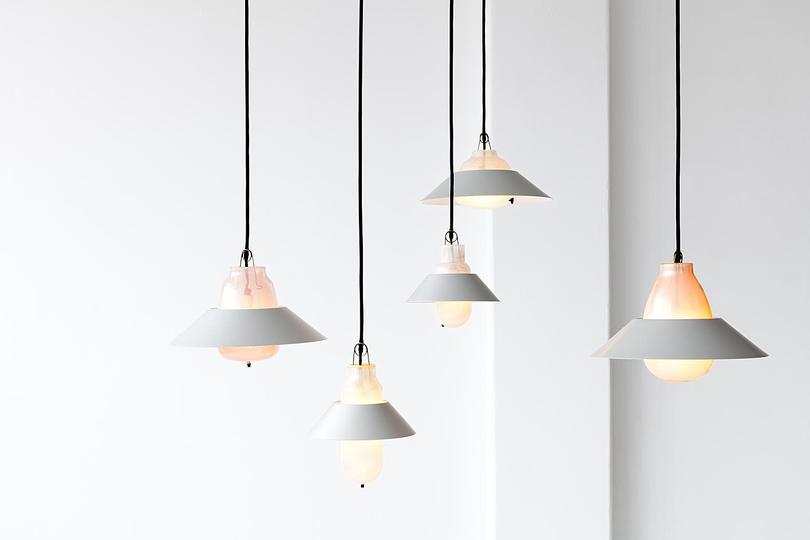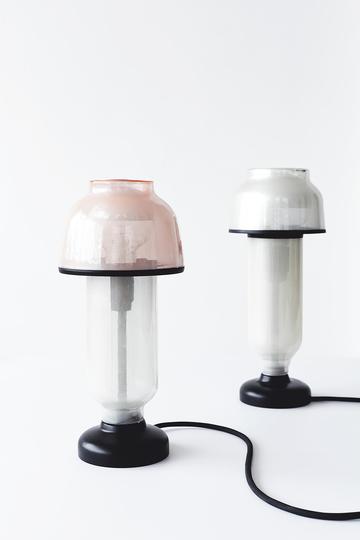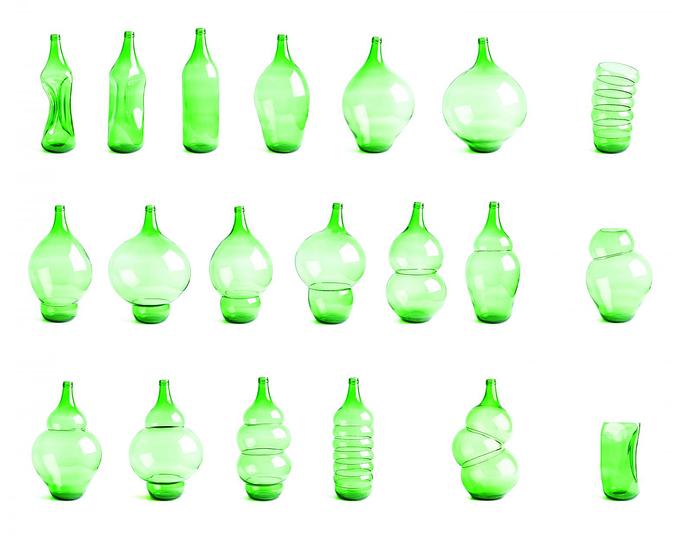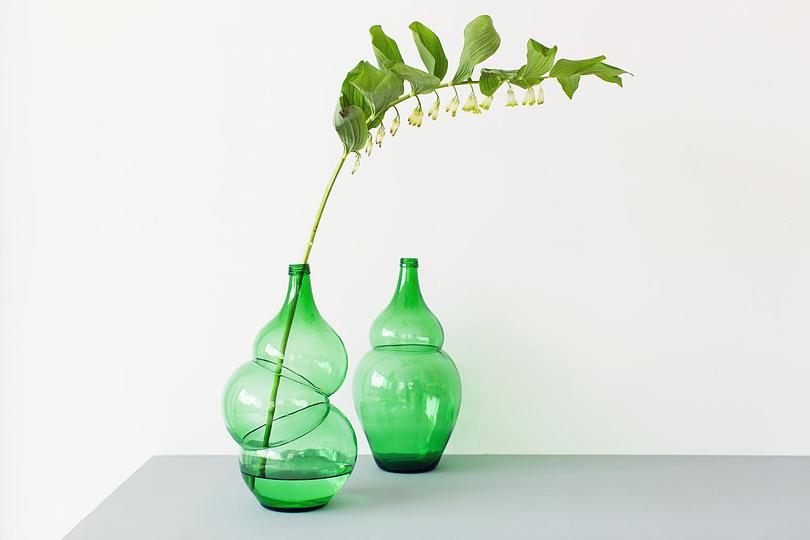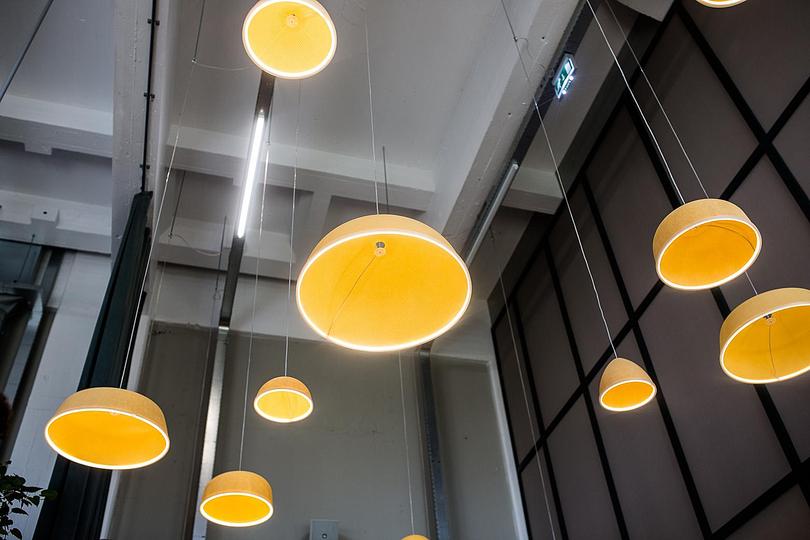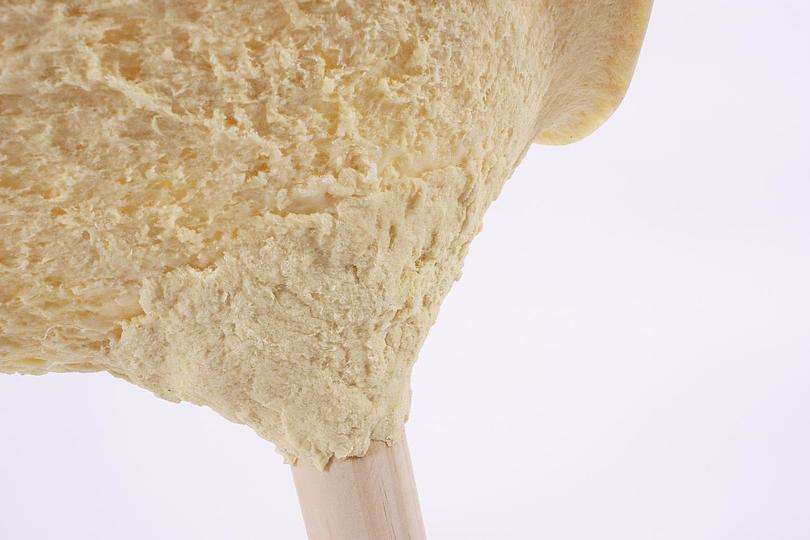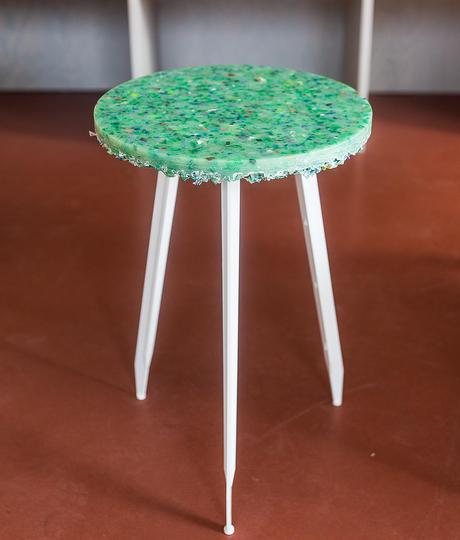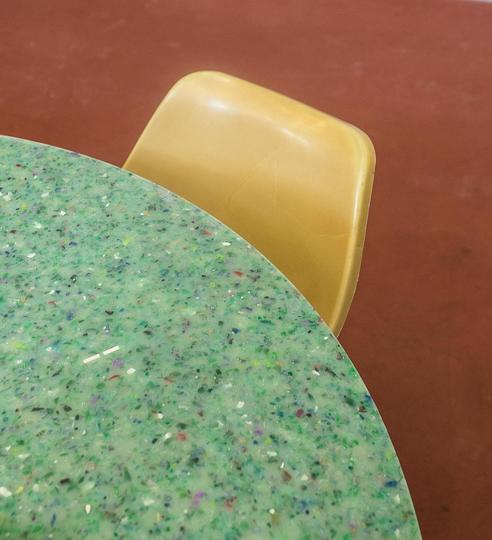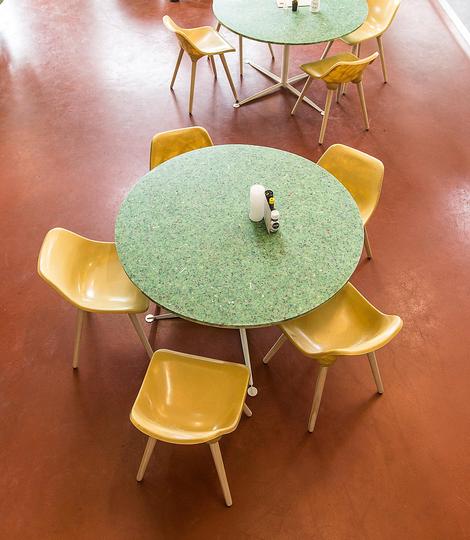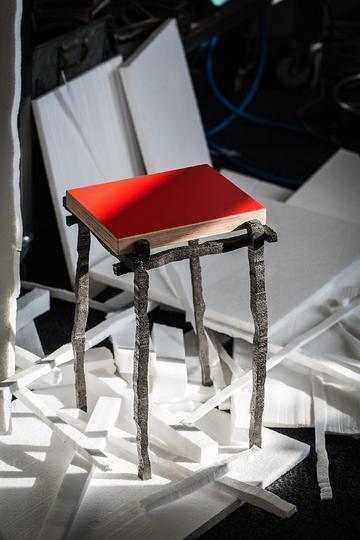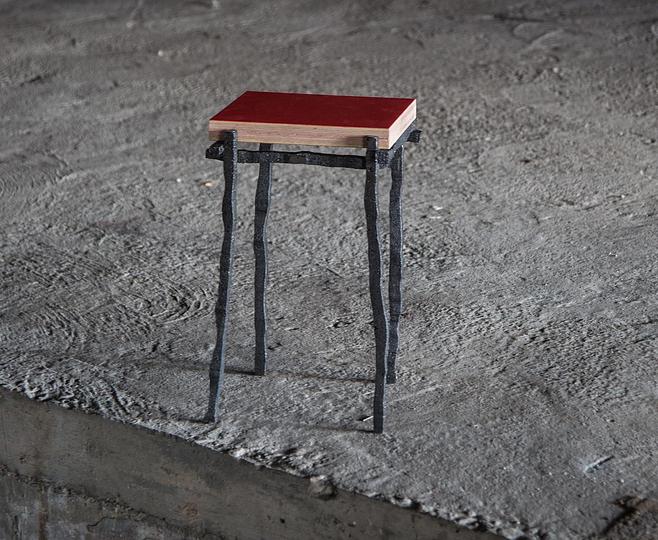Klaas Kuiken is a designer, but in his workspace he´s more like an inventor or craftsman. Klaas Kuiken graduated from ArtEZ School of Arts in Arnhem in 2010.
Klaas´ works stem from a fascination with the creative process and its influence on the final result. The programme ´How It´s Made´ on the Discovery Channel is one of his greatest sources of inspiration. The question ´What does mass production mean for the identity of products?´ became a central issue. Can the production process of bulk products also be implemented to create deviating products? Can a production process give identity to a product? His work was featured in Beijing Design Week, London Fashion Week, ICFF New York, Salone del Mobile Milan, Maison & Objet Paris and Skopje Design Week.
Collaboration with Dieter Volkers.
A collection of everyday apparently worthless objects forms the basis for a collaborative project between Klaas Kuiken & Dieter Volkers. Their work is characterized by their pleasure in experiment and research. They aim to add new function and new value to their collection of found treasures. Without losing any of the work's recognizability, they have shaped unplanned objects in which the treasures have found a new way to manifest themselves. The collection "New Found Treasures' gives a poetic look at the things around us and the value of worthless.
The bottles collection is a project of mass produced green glass bottles. They get new individual shapes when designer klaas kuiken works with them. He blows them one by one into unique objects. He started his project with the question "Are there any irregularities in mass production?" he discovered those irregularities in glass bottles: when cutting the bottle, the wall thickness was found to be different every time.
To emphasize those differences he developed his own technique of glassblowing, by using of an oven, adapted by himself, and a compressor. By blowing up the bottle the glass bulges more at places where the thickness of the walls is thinner and less at places where it's thicker. Experimenting with heat and pressure controls, and of course not without a lot of explosions and cracked bottles, Kuiken utilized the technique to create a large family of individual, 'mass-produced', green bottles.
